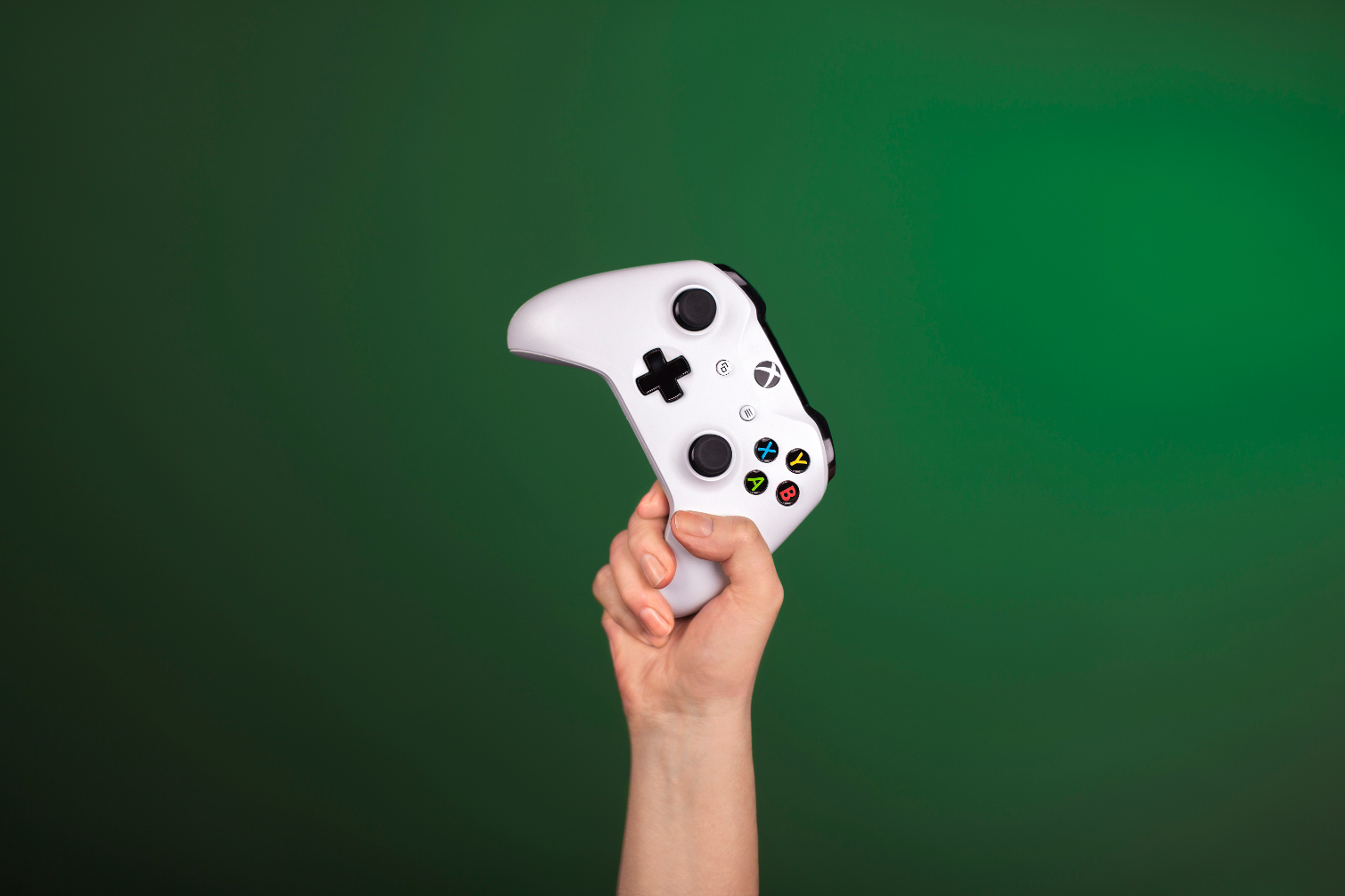Microsoft Readying Two Next-Gen Consoles, XCloud Streaming (Reports)
Microsoft's next-gen Xbox strategy will consist of two consoles, according to a report from Thurrott. One of the two will focus heavily on a new "XCloud" streaming service, according to The Verge.
Brad Sams of Thurrott writes that the two consoles, under the codename Scarlett, will be quite different. The first is a "traditional console" for those who like to play all of their games on their own hardware, though the specs are still unknown. The second device is a cloud-centric console designed specifically for streaming. It's reportedly a low-power device with just enough computing power for controller input, image processing, and collision detection, which should be enough to prevent latency. It will reportedly cost less than a traditional console.
“We do not comment on rumors or speculation," a Microsoft spokesperson told Tom's Hardware.
At The Verge, a report suggests that the streaming service is codenamed "XCloud." Microsoft is reportedly looking at combining Xbox consoles into server blades for data centers, which could be used for developers to create games and then later stream them directly to gamers.
All games will reportedly run on both Scarlett devices. The devices are rumored to launch in 2020, and the streaming service is expected to work on many devices, including PCs and smartphones.
Update, 11:45 AM ET: Added with a statement from a Microsoft spokesperson.
Get Tom's Hardware's best news and in-depth reviews, straight to your inbox.

Andrew E. Freedman is a senior editor at Tom's Hardware focusing on laptops, desktops and gaming. He also keeps up with the latest news. A lover of all things gaming and tech, his previous work has shown up in Tom's Guide, Laptop Mag, Kotaku, PCMag and Complex, among others. Follow him on Threads @FreedmanAE and BlueSky @andrewfreedman.net. You can send him tips on Signal: andrewfreedman.01
-
canadianvice A subscription based console, eh?Reply
Worth a try. They already accept being raked over the coals for net gaming fees and new titles. -
salgado18 I tested Steam Link on Android at home, and 90% of the time it's flawless, but that 10% means visual lag, input lag, lost connections, and lower streaming quality. I think playing over a network is a nice concept, but it has to be very robust and used on a very good internet connection to replace a console.Reply
Which makes the decision of making both a good one. Now we have to see how portable this cloud controller is, and if games bought in one can be played in the other. -
techy1966 I am good with the full console version but the scaled back version no thanks I like my games to be installed locally besides that I am not into repaying monthly to play the games I like. The other issue is lag because of it being cloud based over the internet. I really hope no one buys into this cloud gaming crap since it will pretty much wreck the gaming industry if it ever really catches on.Reply
Next MS will try to make Windows a full cloud based OS as well and have you pay a monthly sub just to go on and do things like check email surf the internet etc. I see this happening probably by 2022 with the Windows OS. So enjoy you computers while you can because it looks like we might be in for a crappy ride in the near future. It also made me remember something Bill Gates said way back in the mid 90's where he said he envisioned both Windows and MS Office to be totally driven off of the internet and he said that back before we even had high speed internet so the idea has been with MS for a very long time for sure. -
John Nemesh I don't know. I use PS Now, and it works JUST FINE. Lag is imperceptible, and it has plenty of advantages, including NOT having to install each game you want to play. The service has a LOT of haters...mainly people who never have even TRIED the service! I prefer most of my games to be installed locally, but streaming WORKS...and a "Netflix for games" is exactly what a lot of people are asking for.Reply -
stdragon Thin-client based consoles (where all GPU frames are rendered offsite in the cloud server farm) will introduce latency. This market is ***NOT*** for twitch based games such as the FPS genre.Reply -
kenjitamura Reply21170768 said:I tested Steam Link on Android at home, and 90% of the time it's flawless, but that 10% means visual lag, input lag, lost connections, and lower streaming quality. I think playing over a network is a nice concept, but it has to be very robust and used on a very good internet connection to replace a console.
Steam link can only really be enjoyed with a fully wired connection; I had one set up that way at the last place I lived and the difference was completely imperceptible. Wireless connections aren't good enough for low latency in home pass through streaming; though it's looking like that might change with the 802.11ax wireless standard.
It really does feel like such a waste that all new homes since the mid 2000's haven't had ethernet wiring installed by default. For anyone that uses in-home internet they're extremely precious and the cost to have it installed during construction only amounts to a drop in the sea.
-
David_693 I could have sworn that when the XB One was coming out that they were touting some sort of cloud assist for that console. What ever happened to that???Reply -
SockPuppet As mentioned above, 90% of the time streaming works great. You'd never know the console was streaming the game from a server. The crux of the biscuit here is that pesky 10% where everything goes to hell and completely ruins your immersion.Reply
